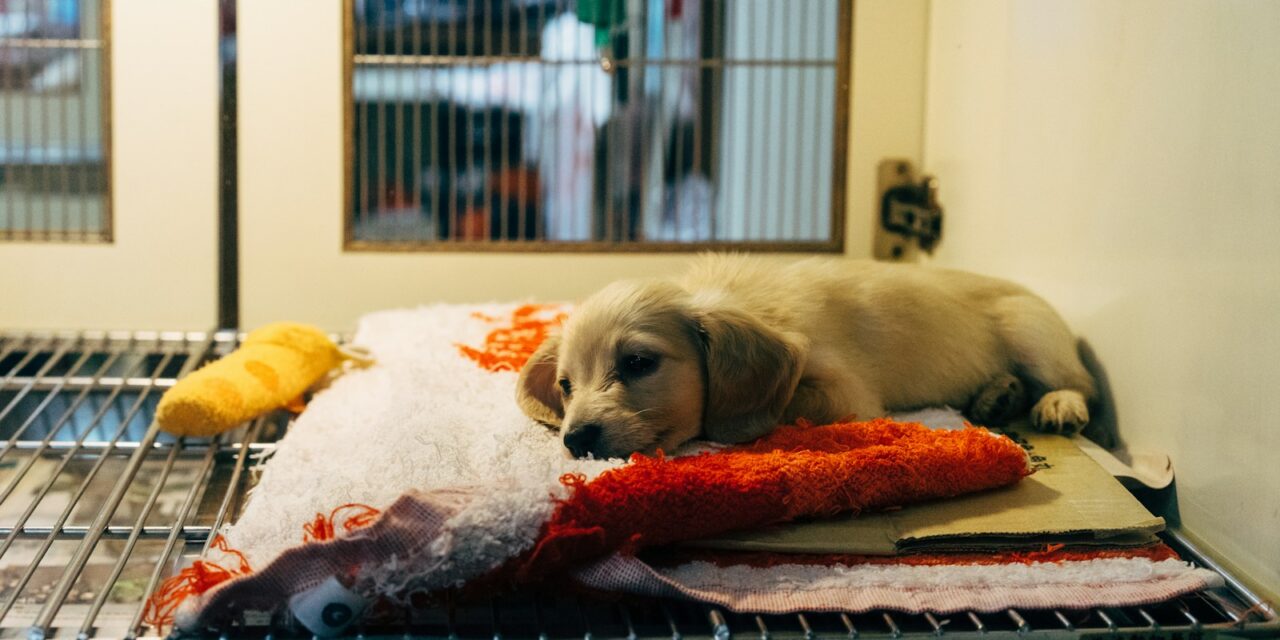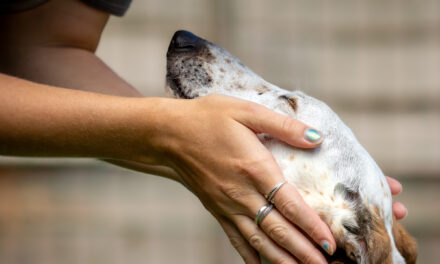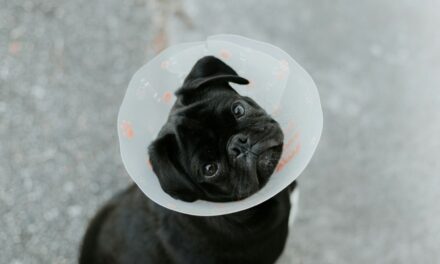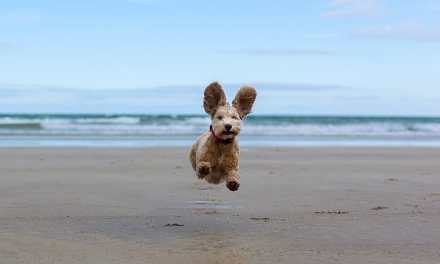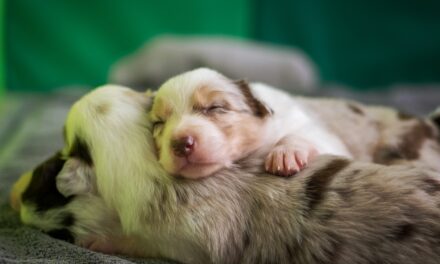Scotland’s Rural College (SRUC) has launched a new micro-credential course aimed at helping veterinary practices meet sustainability standards required by the Royal College of Veterinary Surgeons (RCVS).
The initiative addresses the recent addition of sustainability criteria to the Practice Standards Scheme, effective 1 September. These standards must now be met for a practice to be approved as a training provider.
The course, titled Sustainability in Veterinary Practice, offers a practical approach to embedding sustainable practices within veterinary workplaces. It was co-developed by Registered Veterinary Nurses Helen Ballantyne and Laura Edwards and is the only course in Scotland offering SCQF credits in this field. Designed for veterinary professionals at all levels, the course provides actionable advice and real-world examples to help participants adapt to the new requirements.
Helen Ballantyne explained the importance of the initiative, saying, “Veterinary practices have a unique role to play in addressing environmental challenges. By empowering veterinary professionals with sustainable tools and insights, we aim to create a positive impact that supports animal welfare, community health and ecological balance.”
The course is delivered online over 12 weeks, enabling flexible participation. It aims to equip practices with the knowledge and tools to qualify for the new Environmental Sustainability Award introduced by the RCVS.
Tackling Environmental Challenges in Veterinary Practices
The introduction of sustainability criteria highlights the role veterinary practices can play in addressing the global climate crisis. SRUC’s course focuses on both large-scale and incremental changes that can be implemented to meet these requirements.
Participants will learn about measures to reduce single-use plastics, manage plastic waste, and transition to renewable energy sources. The course also covers educating clients on reducing the carbon footprint associated with pet ownership.
A key element is the adoption of low-flow anaesthesia (LFA), a technique that minimises the escape of greenhouse gases during procedures. By using reduced flows of fresh gas, this method offers an environmentally friendly alternative to traditional anaesthesia practices.
The SRUC programme offers hands-on guidance to veterinary professionals seeking to achieve compliance with RCVS sustainability standards. The course materials include advice on making environmentally conscious adjustments within practice operations, from waste management to energy use.

